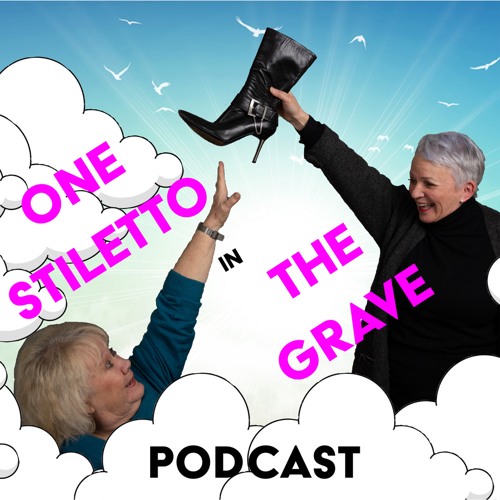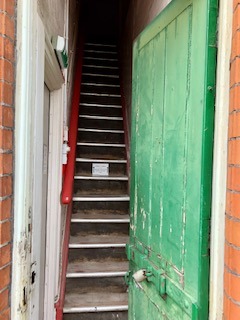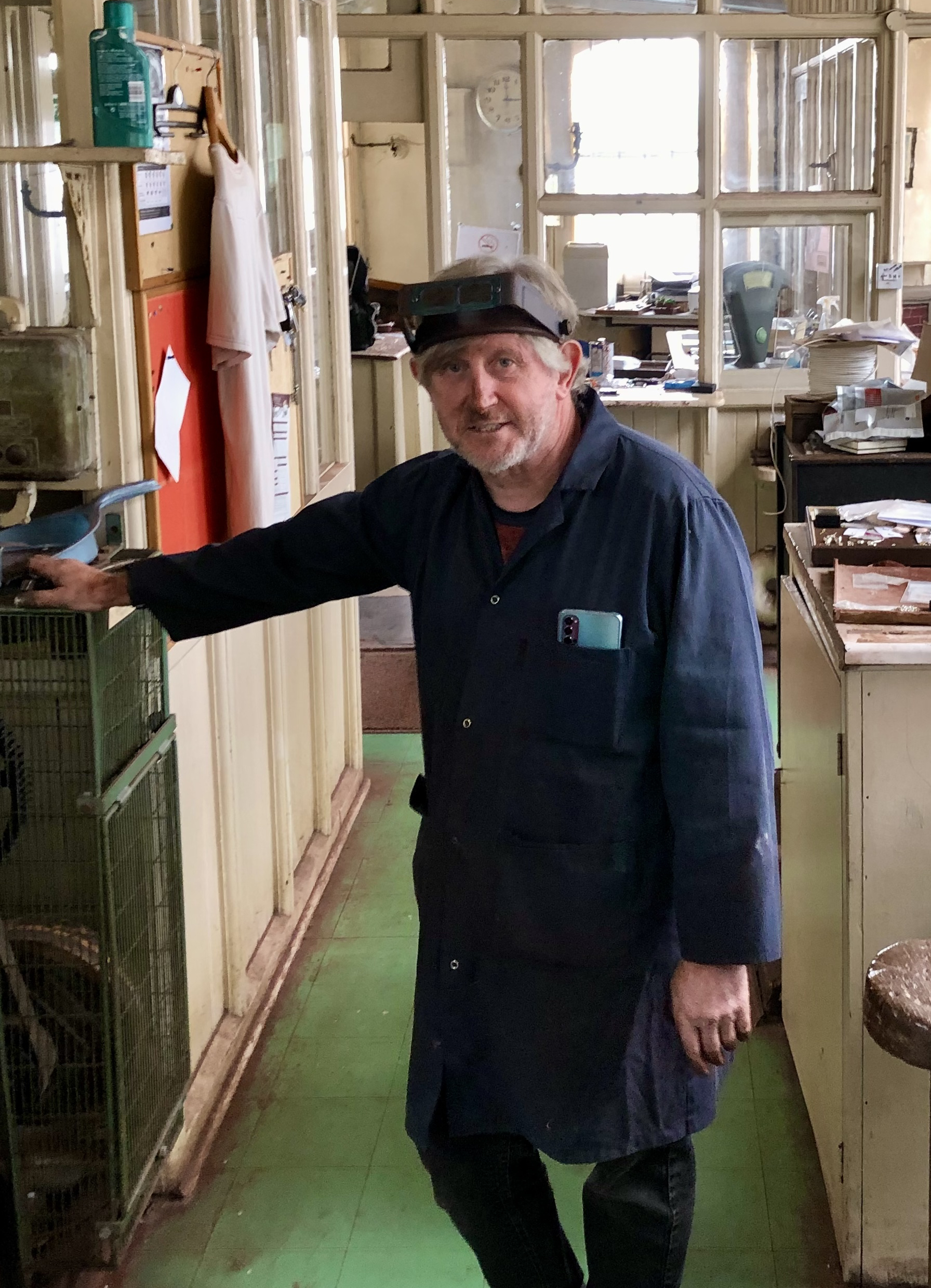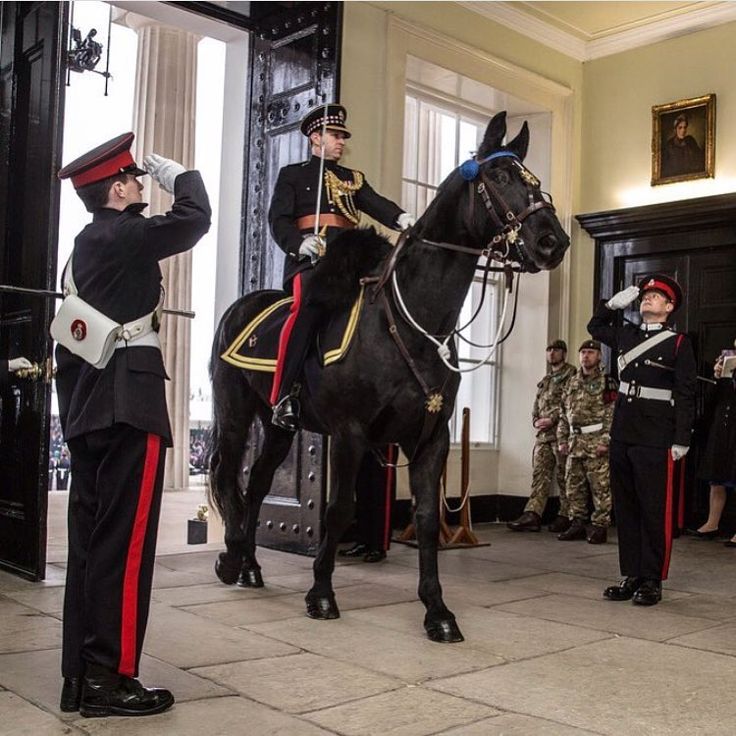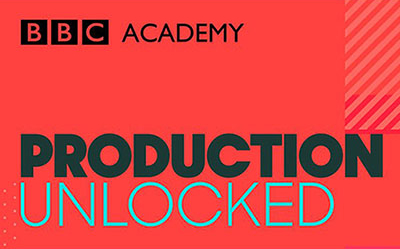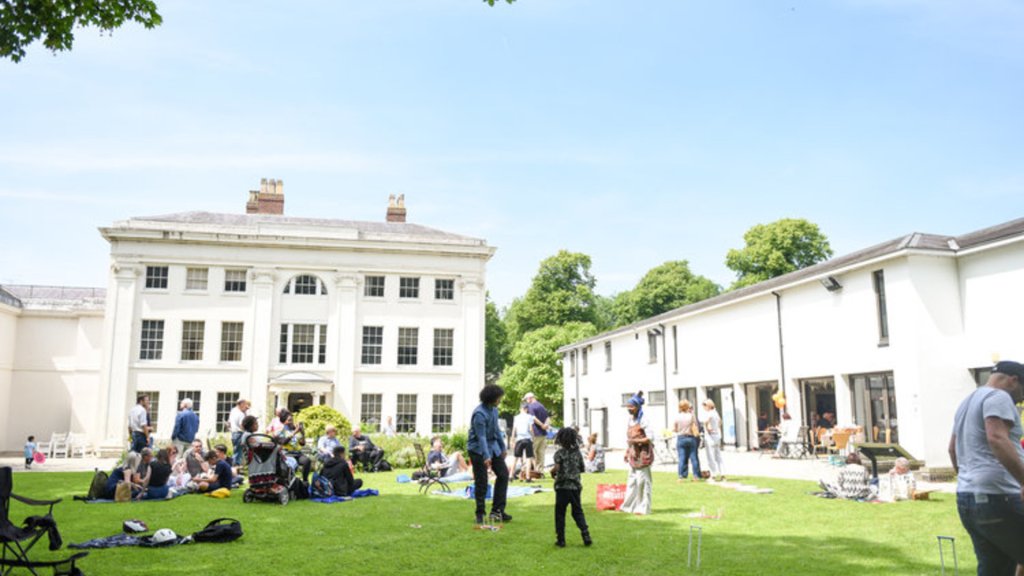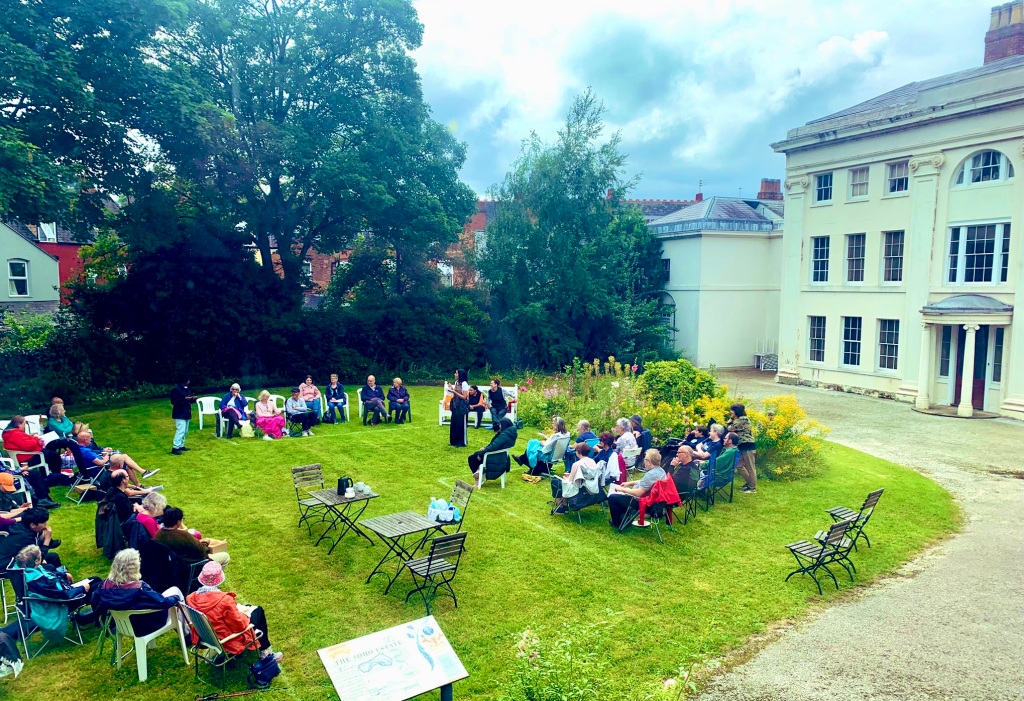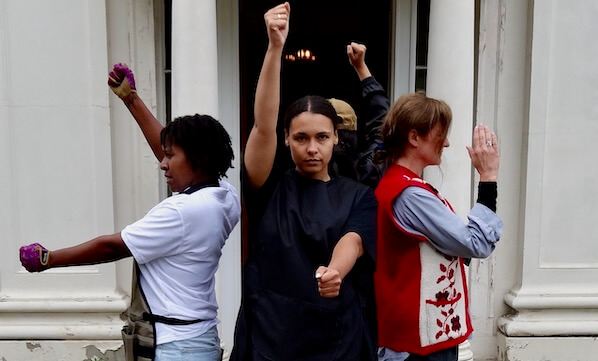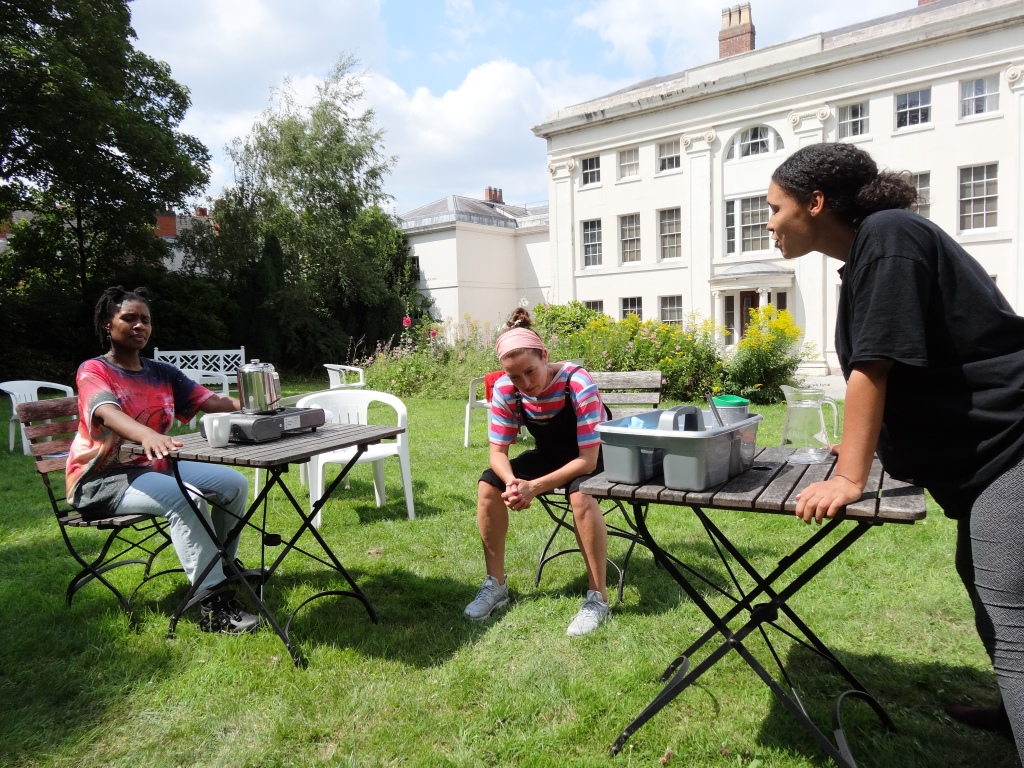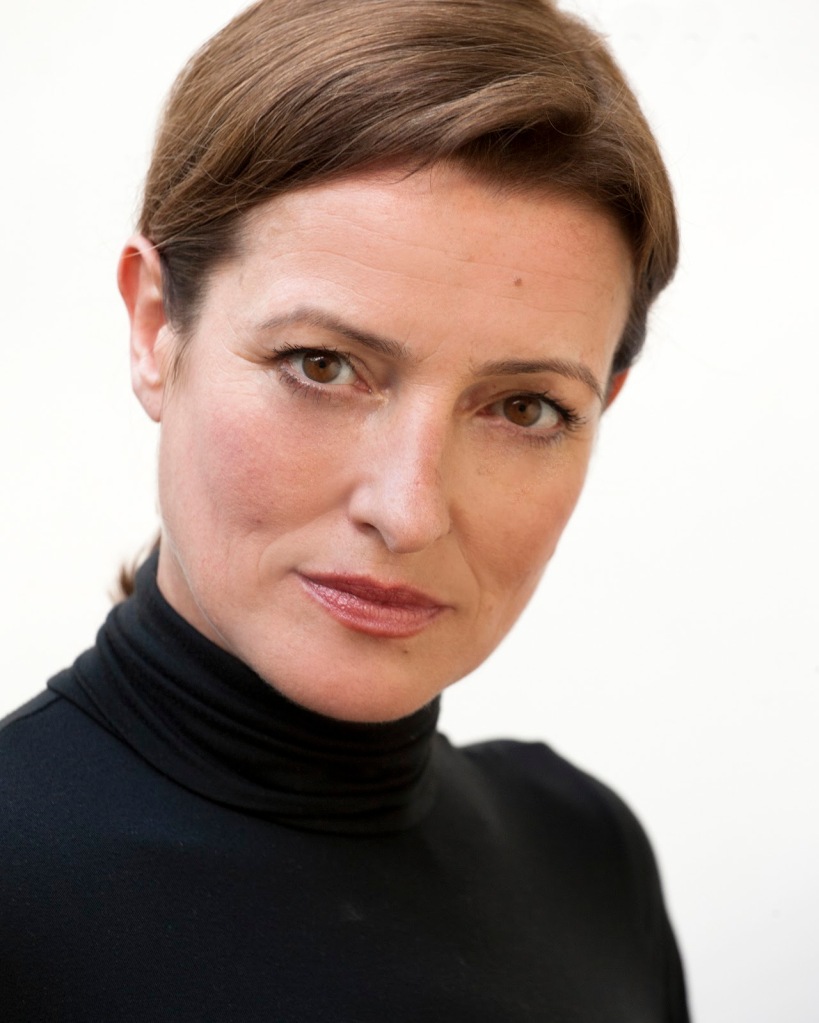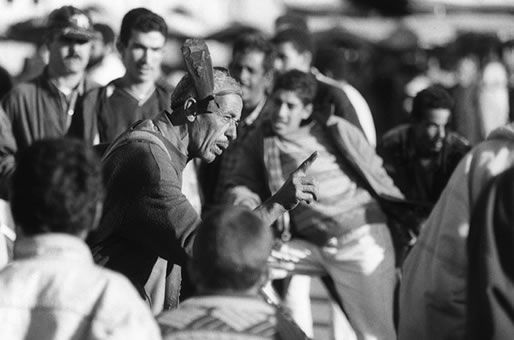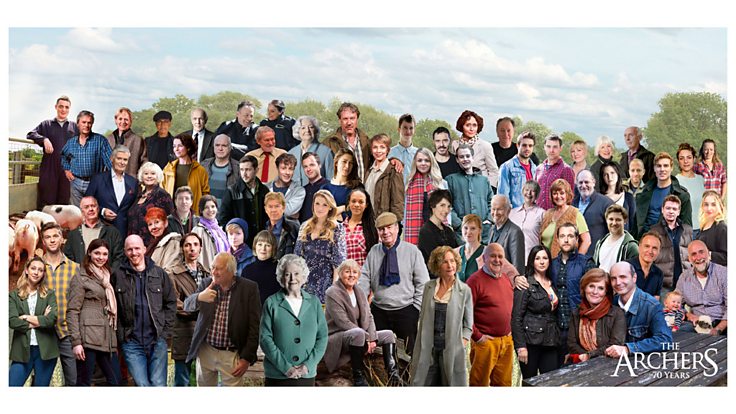This article was originally published on the BOLDtext Playwrights website.
For me, one of the great priviledges of being a writer is time spent doing research. In most walks of life if you rocked up on someone’s doorstep and asked to nose around, they’d most likely tell you where to go. Explain you’re a writer, however, and they’ll happily share their life story! What follows can subvert or confirm expectations. It can get you out of narrative cul-de-sacs and open up brand new ideas. Best of all it can give you that nugget of authenticity that brings a piece of writing to life. Here are my top five research experiences:
1. Margate
In 2009 building work had started on the Turner Contemporary art gallery in Margate. Named after the painter J.M.W Turner, a regular visitor, its construction was intended to regenerate the delapidated seaside town. The moment I stepped out of the train station I knew why Turner loved the place so much: the sweep of the beach; the vast horison; the crisp almost irridescent light. Ten minutes later I was standing in a joke shop, in an otherwise abandoned, grafitti-covered, arcade, interviewing its owners. What use was a fancy art gallery, they wondered? They’d rather the council spent the £17.5 million on doing up the municipal pool. That pretty much became the essence of the play I wrote for the town’s Theatre Royal: even if art can regenerate an area, who exactly is the regeneration for?
2. Royal Military Academy Sandhurt
Daniel Hebden-Lloyd, a character in The Archers, was about to embark on officer training for the army, so I was sent down to Sandhurst to find out what it would involve. I tried to go with an open mind but, having been raised a Quaker pacifist, I didn’t expect it to be an easy job. It was also only a few years after the Iraq War and I couldn’t resist asking a colonel what he thought about it. He expressed distaste towards Tony Blair, but nonetheless said it was his duty to follow the orders of Her Majesty’s government. I still struggle with the idea of obeying orders you may personally disagree with, but I also know I’d make a terrible soldier. I may not have been won over, but having seen the discipline and commitment involved, I came away grateful to the people who are willing to sacrifice their moral autonomy, so that I have the luxury of keeping mine.
3. Coalition
In 2011 I was working on a play about the Liberal Democrats’ participation in the Conservative-led coalition. I spent time shadowing an MP, interviewed the Lib Dem Foreign Office minister in his grand departmental office, and – most interestingly – spent a day at the party’s HQ. It was like being in an unfunny version of The Thick Of It. While the world was accusing the Lib Dems of selling out, they were actually busy culling staff, having lost their opposition subsidy when they went into government. Meanwhile, a labyrinthine civil service decision-making system meant that those who had kept their jobs couldn’t communicate with their own ministers, having been subsumed in the bureaucratic Whitehall machine. Since then I’ve refused to indulge in conspiracy theories. The truth is, there is no grand plan. Most politicians are just trying to survive the day.
4. Women’s Aid
While researching another Archers storyline, I spoke to a caseworker for the domestic abuse charity Women’s Aid. I always find these types of interviews awkward. You want to be respectful towards the topic – and the real-life people involved – but you’re also looking for an exciting, attention-grabbing story. I needn’t have worried as if you put some of the examples I was given into a drama, you simply wouldn’t be believed. One such story was about a man who gaslit his partner into thinking she was putting on weight by replacing the size labels in all of her clothes. It seems trite to say that truth is stranger than fiction, but by attempting to dramatise an issue convincingly (and unsensationally) you can end up not dramatising some of the truly despicable things that actually occur.
5. Jewellery Quarter
Which brings me to BOLDtext’s latest project, ‘Gem of a Place’, a theatrical tour of Birmingham historic Jewellery Quarter. I’ve been researching Alabaster & Wilson, a high-end manufacturer that closed five year’s ago. One of the things I love about the Quarter is that you can push open a shabby, unprepossessing door and find amazing things inside. In this case, I found Patrick Lambert, a brilliant craftsman who still works in the otherwise empty factory. Patrick very generously spent a whole afternoon showing me around – including the WWII bomb shelter in the basement. Lying in the corner was a rusty fire warden’s helmet, untouched for eighty years. Nothing beats the simple pleasure of meeting extraordinary people and glimpsing into hidden places. You really couldn’t make it up.
Tim Stimpson
